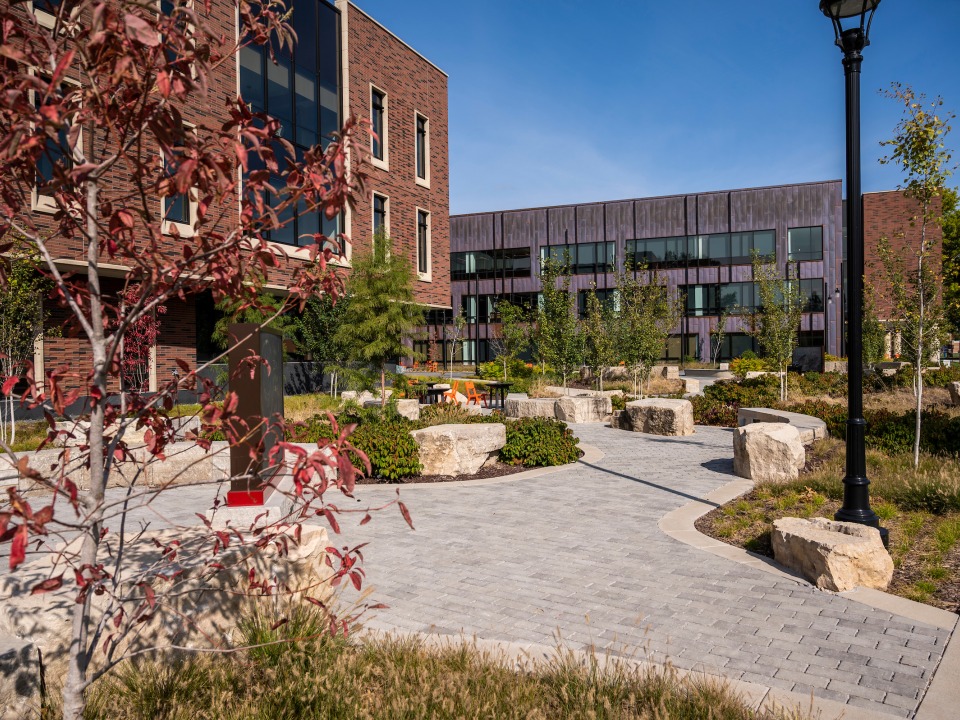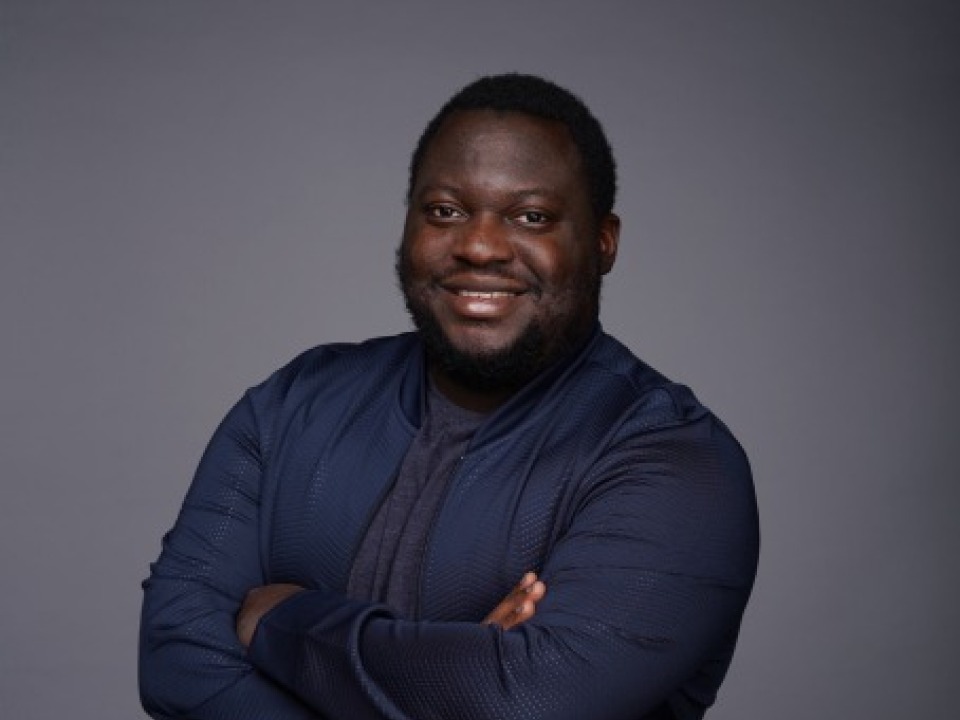
Drop in to the Oct. 9 Productivity Café from 3-5 pm in Burling Lounge and chat with CLS, DLAC, academic advising, and library experts.


Drop in to the Oct. 9 Productivity Café from 3-5 pm in Burling Lounge and chat with CLS, DLAC, academic advising, and library experts.

Grinnell’s 3-2 partnerships grant students their B.A., B.S., and an engineering education unlike any other.

Four local Poweshiek County students decided to remain in Grinnell, Iowa, for college, only a few miles away from home.

This significant grant renewal highlights the College’s unwavering dedication to fostering a diverse faculty and promoting the multivocality of the humanities and related disciplines.

Academic Assistant Cheryl Fleener-Seymour on her work, life, family, and being a mother to nine children.

President Anne F. Harris addressed the families of Grinnell students during her President’s Welcome in 2023.

On Wednesday, Oct. 4, from 4–5 p.m. in Burling Lounge, get a snack and come learn about open educational resources (OER) that you can use for your pedagogy!

Please join the Grinnell College Libraries at 4:15 p.m., Oct. 3, as we continue our faculty/Staff Research Series with Laura Ng, assistant professor of anthropology, for her Research in Progress talk, “Archaeological Landscapes of Chinese American Communities in the Southwestern Urban Frontier.”

Shields will share her insights on planetary habitability and discuss her recent memoir, “Life on Other Planets.”

On Tuesday, Sept. 26, President Biden announced the inaugural members of the President’s Advisory Council on African Diaspora Engagement in the United States, which aims to enhance dialogue between U.S. officials and the African diaspora.

Assistant Dean for Academic Success Belinda Backous discusses work, life on an Iowa homestead, and her love of the outdoors.


Kylie Ann Smith ’27 and Preston Yoshino ’27 traveled 3,985 miles from their hometown of Honolulu, Hawaii, to attend college in Grinnell, Iowa. Learn about their motivations here.
We use cookies to enable essential services and functionality on our site, enhance your user experience, provide better service through personalized content, collect data on how visitors interact with our site, and enable advertising services.
To accept the use of cookies and continue on to the site, click "I Agree." For more information about our use of cookies and how to opt out, please refer to our website privacy policy.
